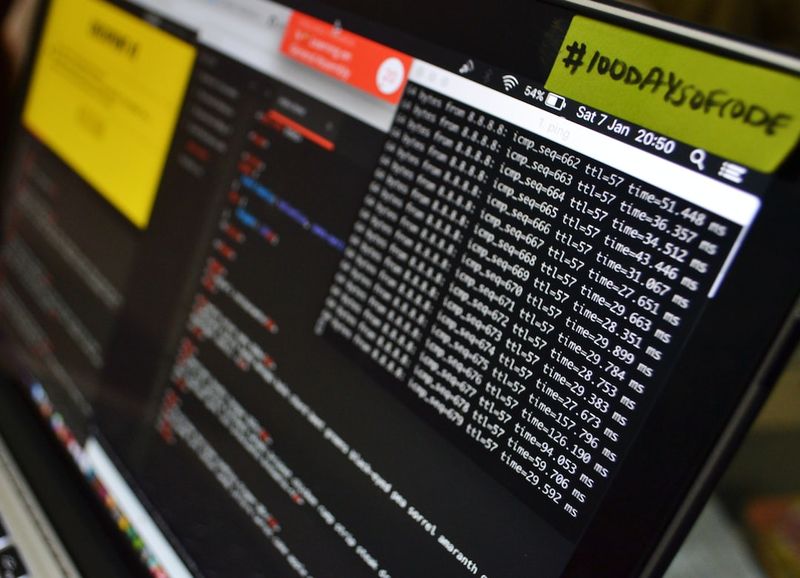The Chinese Spy Campaign: A Sophisticated Threat to Western Government Organizations
The recent cyberespionage campaign carried out by a Chinese threat actor, known as “Storm-0558,” has once again highlighted the growing sophistication of Chinese cyberattacks targeting Western government organizations. This particular group, based in China, has successfully gained access to email accounts across 25 government agencies in Western Europe and the United States, including the State Department.
The Method of Attack
According to Microsoft, who reported quelling the campaign, Storm-0558 is primarily focused on espionage against Western government organizations. The group employed advanced techniques, using two custom malwares named “Bling” and “Cigril” to carry out their attacks. Bling is a Trojan that encrypts files and runs them directly from system memory to evade detection, while Cigril is a sophisticated malware used for information exfiltration.
Storm-0558 was able to forge authentication tokens to masquerade as authorized Azure Active Directory (AD) users, gaining access to enterprise email accounts and potentially sensitive information contained within. The attackers honed in on specific officials’ email accounts, indicating their precise targeting and intention to gather classified information.
The Evolution of Chinese Cyber Espionage
This cyber espionage campaign carried out by Storm-0558 demonstrates how Chinese threat actors have evolved their tactics from “smash-and-grab” methods to more stealthy and focused approaches. Previously, Chinese cyberattacks were characterized by loud and broad campaigns that were easier to detect. However, with the new tactics employed by Storm-0558, Chinese hackers have demonstrated a clear shift towards stealth and precision.
John Hultquist, the Chief Analyst with Google Cloud’s Mandiant, notes, “Chinese cyber espionage has come a long way. They have transformed their capability from one that was dominated by broad, loud campaigns that were far easier to detect. They were brash before, but now they are clearly focused on stealth.”
The Implications and Response
This recent Chinese spy campaign has raised concerns regarding the potential compromise of sensitive information held by Western governments. It is currently unclear what kind of data Storm-0558 was able to access, but the potential ramifications of such breaches are significant.
Microsoft was first alerted to the anomalous mail activity on June 16 and discovered the wider cyber espionage campaign, dating back to at least May 15. The company witnessed the use of stolen Managed Service Account (MSA) consumer signing keys and a validation issue that allowed the group to forge authentication tokens, gaining unauthorized access to email accounts.
Microsoft has since remediated the MSA key issue and blocked further threat actor activity. They have also reached out to all known victims, ensuring that no further action is required from customers. This prompt response is crucial in mitigating the impact of the cyberattacks.
Enhancing Cybersecurity Measures
This latest incident underscores the need for Western governments and organizations to enhance their cybersecurity measures. As Charlie Bell, the Executive Vice President of Microsoft Security, pointed out, “These well-resourced adversaries draw no distinction between trying to compromise business or personal accounts associated with targeted organizations.” Organizations must remain vigilant and take proactive steps to protect their digital assets and confidential information.
Additionally, this cyber espionage campaign serves as a reminder that the threat landscape is continually evolving, and adversaries are becoming increasingly sophisticated. Governments and organizations must invest in robust cybersecurity strategies, staying one step ahead of malicious actors.
Conclusion
The Chinese spy campaign carried out by Storm-0558 against Western government organizations is a stark reminder of the evolving threat posed by state-sponsored cyberattacks. The focus on precision targeting, advanced malware, and forging authentication tokens highlights the need for enhanced security measures and increased cybersecurity awareness.
As governments and organizations navigate a complex digital landscape, it is imperative to remain vigilant, invest in cutting-edge cybersecurity technologies, and foster collaboration between public and private sectors to effectively combat these sophisticated cyber threats.

<< photo by Tima Miroshnichenko >>
The image is for illustrative purposes only and does not depict the actual situation.




